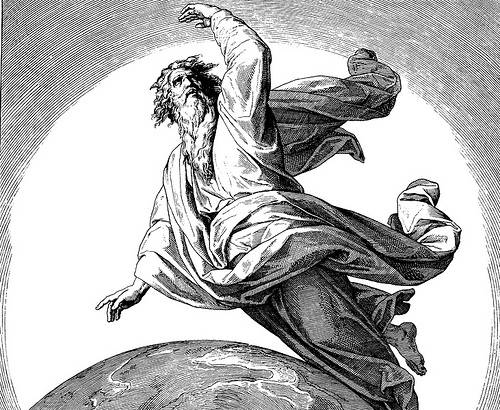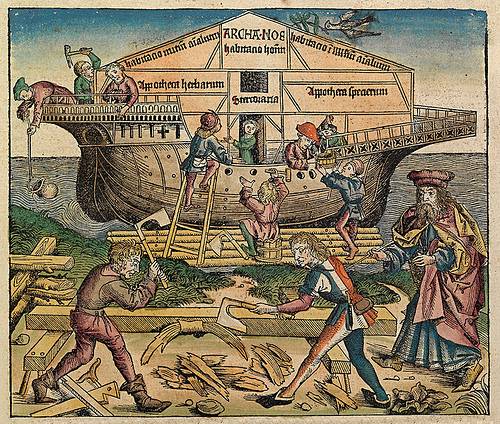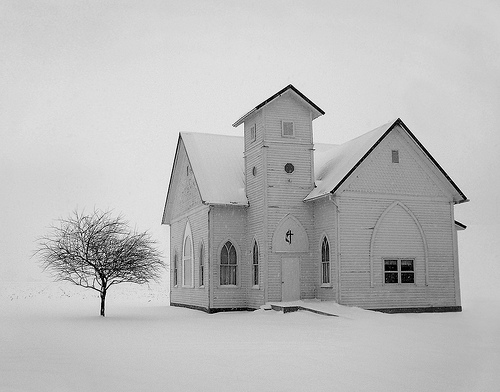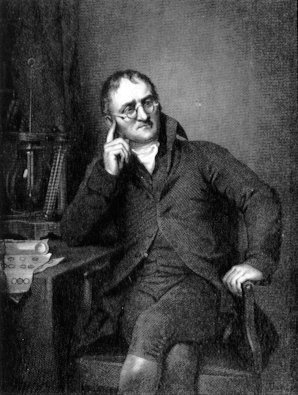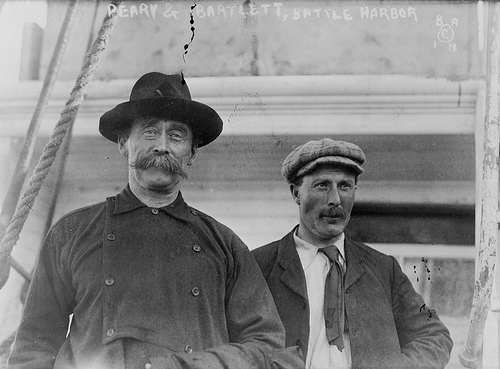Concerned that the men of 1768 no longer read the Bible, Edward Harwood decided to translate the New Testament into modern language. The result has been called “turgid,” “absurd,” “ridiculous,” and “one of the most discussed and insulted” Bibles of the 18th century. Samples of his work:
Before: “So then because thou art lukewarm, and neither cold nor hot, I will spue thee out of my mouth.”
After: “Since therefore you are now in a state of lukewarmness, a disagreeable medium between the two extremes, I will in no long time eject you from my heart with fastidious contempt.”
Before: “Give us this day our daily bread.”
After: “As thou hast hitherto most mercifully supplied our wants, deny us not the necessaries and conveniences of life, while thou art pleased to continue us in it.”
Before: “We shall not all die, but we shall all be changed.”
After: “We shall not all pay the common debt of nature, but we shall by a soft transition be changed from mortality to immortality.”
And here’s the Lord’s Prayer:
O thou great governor and parent of universal nature (God) who manifestest thy glory to the blessed inhabitants of heaven–may all thy rational creatures in all the parts of thy boundless dominion be happy in the knowledge of thy existence and providence, and celebrate thy perfections in a manner most worthy of thy nature and perfective of their own! May the glory of thy moral development be advanced and the great laws of it be more generally obeyed. May the inhabitants of this world pay as cheerful a submission and as constant an obedience to Thy will, as the happy spirits do in the regions of immortality.
Harwood said his translation “left the most exacting velleity without ground for quiritation.”

